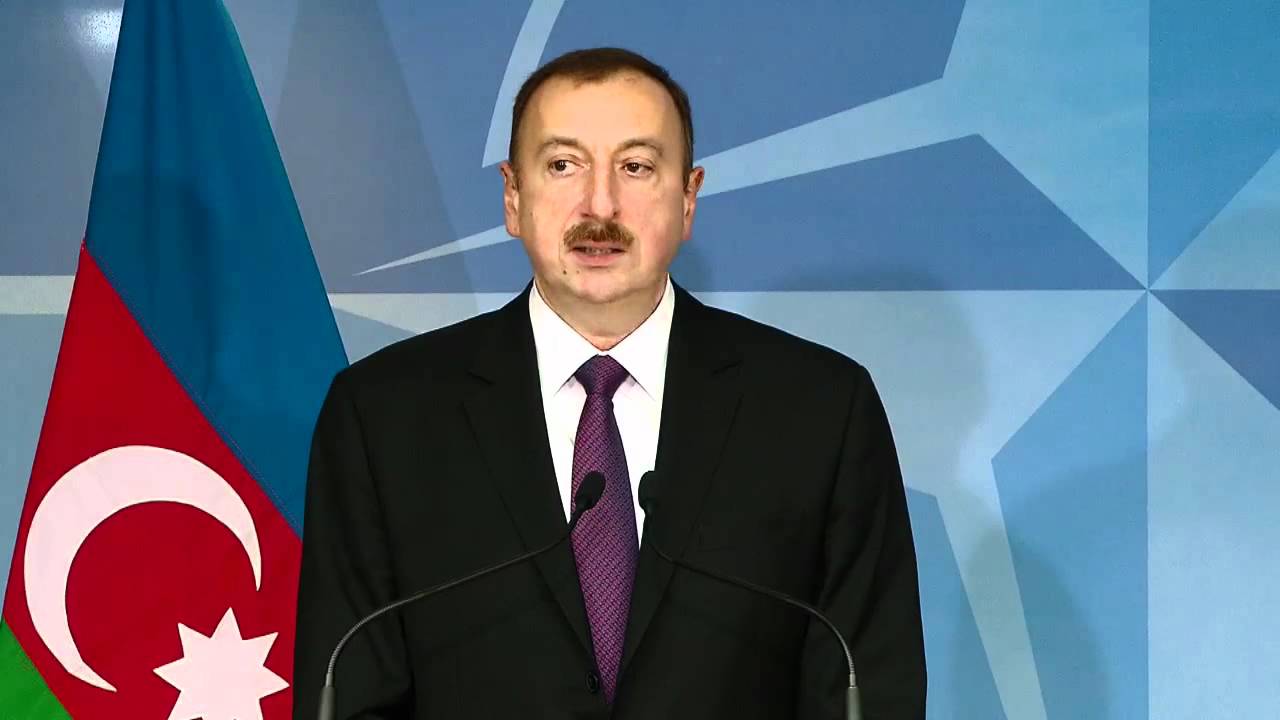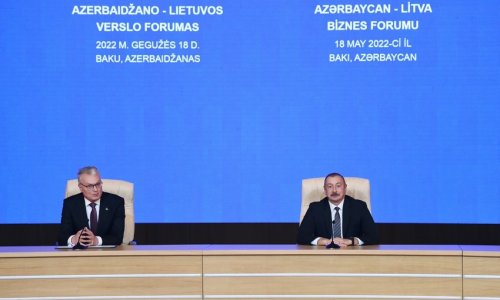President Ilham Aliyev refused to sign into law a bill proposed by parliament last month to impose a 20 percent tax on foreign currency exported for investment abroad, a centerpiece of the government’s efforts to cope with the fallout from collapsing oil prices.
Aliyev acted on "multiple requests” by investors who urged the Azeri leader not to approve the legislation and send it back to lawmakers, state news agency Azartac reported on Wednesday, citing the president’s office. Parliament amended laws in an emergency session on Jan. 19, approving measures ranging from partial capital controls to fully insuring bank deposits.
The move reflects a letup in pressure on the currency market in Azerbaijan, which devalued the manat twice last year. Demand for dollars has fallen sharply, according to the central bank, with a single lender taking part in a currency auction on Wednesday. Stricter currency controls risked creating difficulties for foreign investors despite government assurances to the contrary, said Samir Aliyev, an analyst at the Center for Support to Economic Initiatives, a Baku-based research group.
"It was a mistake to tax foreign-currency outflows as it would scare away foreign investors,” Aliyev said by e-mail. "It would cause problems for large companies like BP.”
The third-largest oil exporter in the former Soviet Union moved to a free float in December after burning through more than half of its foreign-currency reserves as its economy reeled from the recession in Russia and plunging energy prices. A BP Plc-led group that also includes Statoil ASA, Exxon Mobil Corp. and Chevron Corp. has invested more than $50 billion in Azeri energy projects since 1994. Three years ago, the group signed $45 billion in contracts to export Azeri natural gas to Europe from 2020.
Government 2024 dollar bonds gained for the first time this week, cutting the yield nine basis points to 6.601 percent. The manat is the best performer this month among its ex-Soviet peers with a 3.3 percent gain against the dollar, according to data compiled by Bloomberg.
Finance Minister Samir Sharifov said last month the bill wouldn’t apply to foreign investors or individuals. The authorities only sought to impose the tax on people and businesses -- both local and foreign -- if the source of the currency was "unclear,” according to Sharifov.
www.ann.az
Follow us !











